Although Bali is surrounded by water, the island is facing water scarcity that is predicted to last until 2030. Many islands in Indonesia, including Bali and Java, and Nusa Tenggara are all facing water scarcity as a result of climate change. Bali-based NGO Puri Kauhan Ubud Foundation launched a new program this week to increase water conservation efforts across the island.
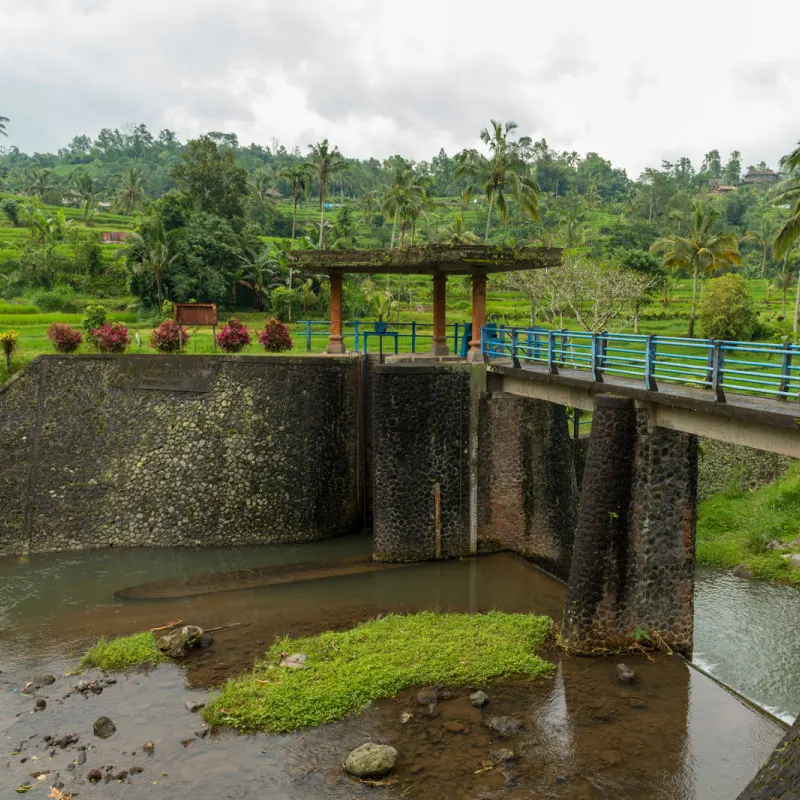
Water scarcity, also referred to as water stress, is defined as a situation whereby water reserves cannot meet the demand for water from those who are dependent on it. With water scarcity set to intensify across Bali, Java, and Nusa Tenggara, authorities and partner organizations in Indonesia have launched programs to promote water conservation and improvements to water management systems across the islands.
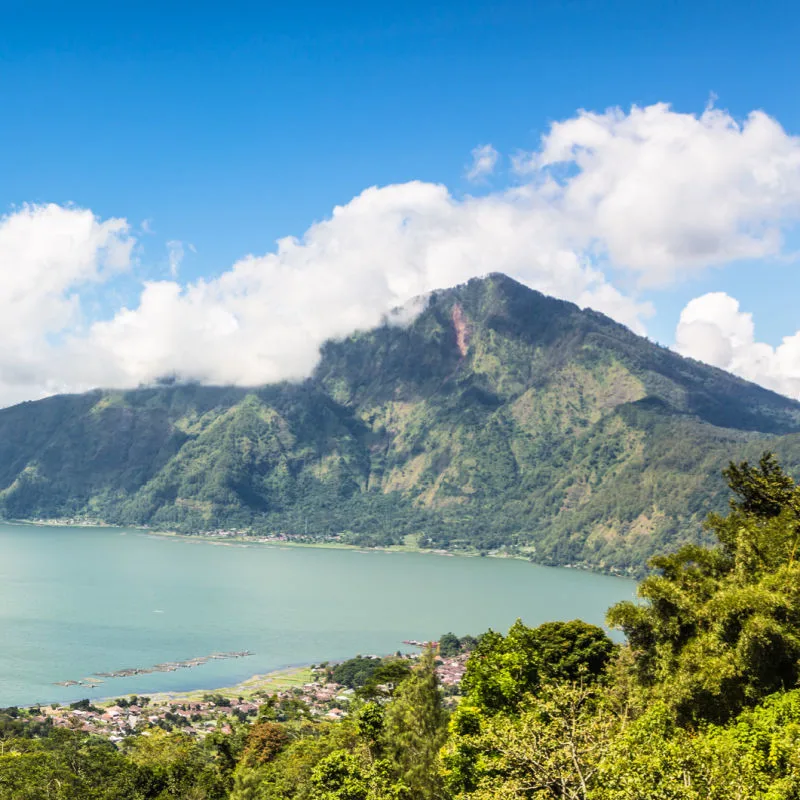
The Minister of National Development Planning and the end of the National Development Planning Board, Suharto Monoarfa, attend the program’s launch event in Gianyar in Bali on Tuesday. 14th June. He met with project leaders from Puri Kauhan Ubud Foundation and took the opportunity to communicate to the public about the seriousness of water scarcity in Bali. He also expressed his hope that with continued conservation efforts and cooperation across islands solutions would be found.
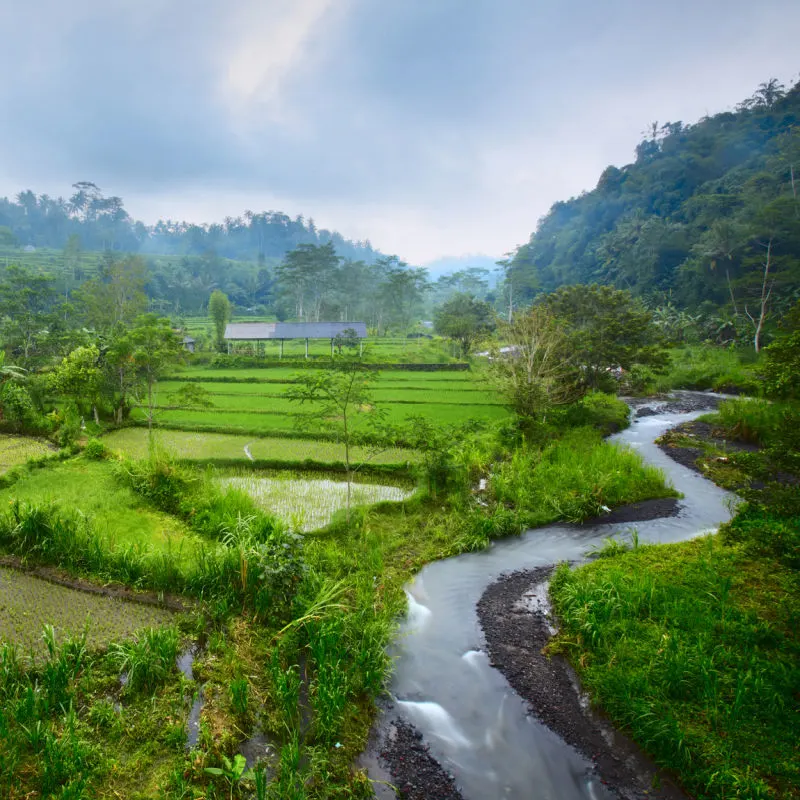
Speaking to local reporters after the launch, Monoarfa said ‘”I fully support the water conservation efforts carried out by Puri Kauhan Ubud. This is because currently…there are 36 countries with high levels of water stress’, this includes many countries in the Middle East, like Qatar, the UAE, and Jordan.
According to data from the World Wildlife Fund, two-thirds of the world’s population may be experiencing water shortages by 2025. Bali’s commitment to water conservation is an important step forward in protecting the island’s communities, tourism sector, and agricultural system.
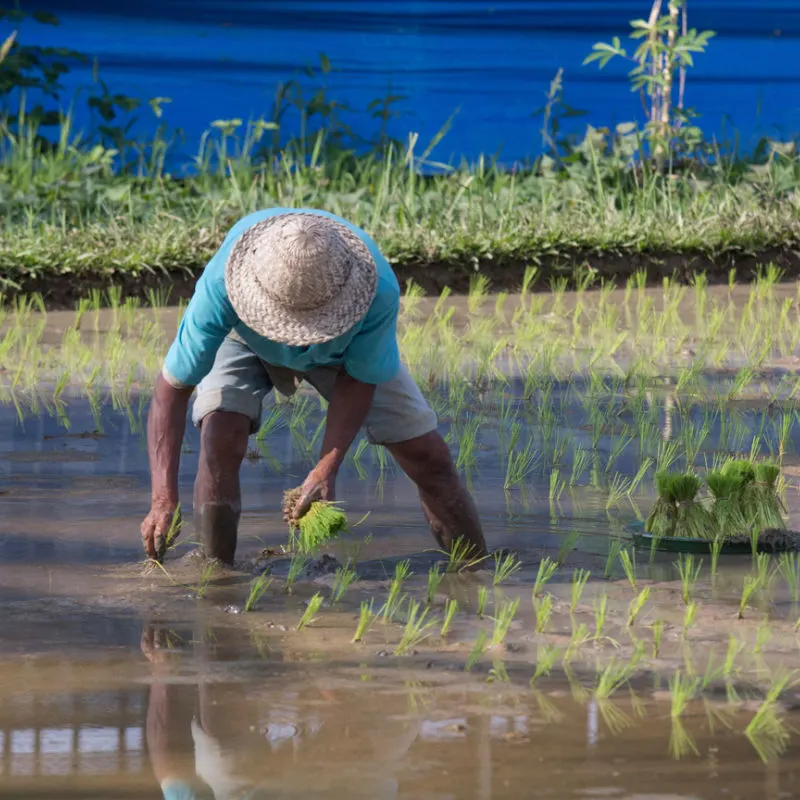
The program launched by the Puri Kauhan Ubud Foundation is called Nyapuh Tirah Campuhan. The program has many different projects within it that focus on the conservation of waterways, education and awareness campaigns, and revitalization of tourism villages.
The water conservation projects include the regeneration of traditional Balinese water irrigation systems that follow the ridge to reef principle and can be easily seen throughout Bali. Many of the waterways that transect the island running from the foothills to the coast have become polluted and need to be cleared.
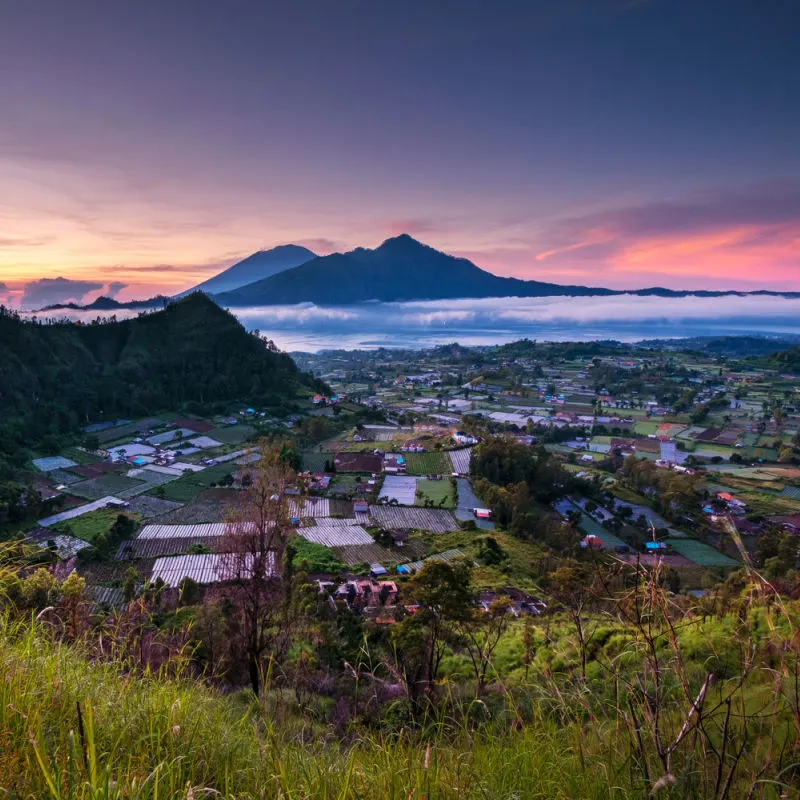
Clearing these waterways allows fresh water to run from the mountains, through agricultural land down to Bali’s world-famous beaches. The program will also run soil stabilization projects and support communities in agriculture initiatives that help keep water in the soil and produce food that they can sell.
From a cultural perspective, the projects draw upon Bali’s unique heritage. The program uses cultural folklore tales to increase awareness about water shortages in Bali and to educate communities on how they can play an active role in tackling the issue.
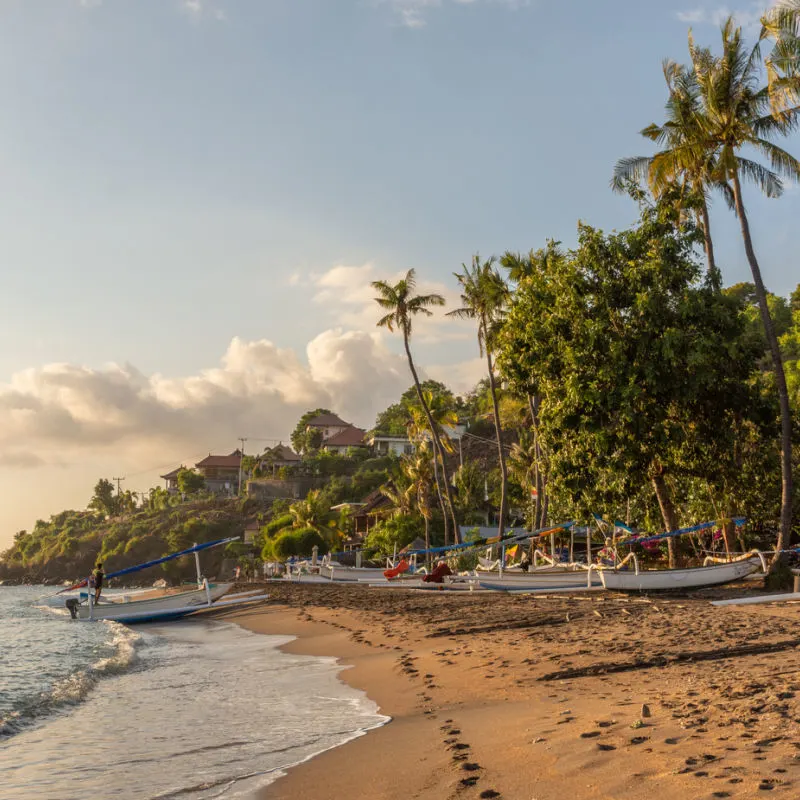
Bali is increasing efforts to become a climate-resistant island. The Indonesian government recently renewed a contract with Japan’s International Cooperation Agency to fund the Bali Beach Conservation Project. The initiative is moving into phase two and focuses on conserving and rehabilitating coastal ecosystems around Sanur Beach, Nusa Dua Beach, Kuta Beach, and Tanah Lot Temple.
As the G20 Summit approaches, Bali is offsetting much of the operation through a massive mangrove reforestation initiative that is underway in South Bali. They help stabile shorelines so that they remain strong against coastal erosion. All of these efforts combined will help Bali protect its communities and economy against the negative impacts of climate change.
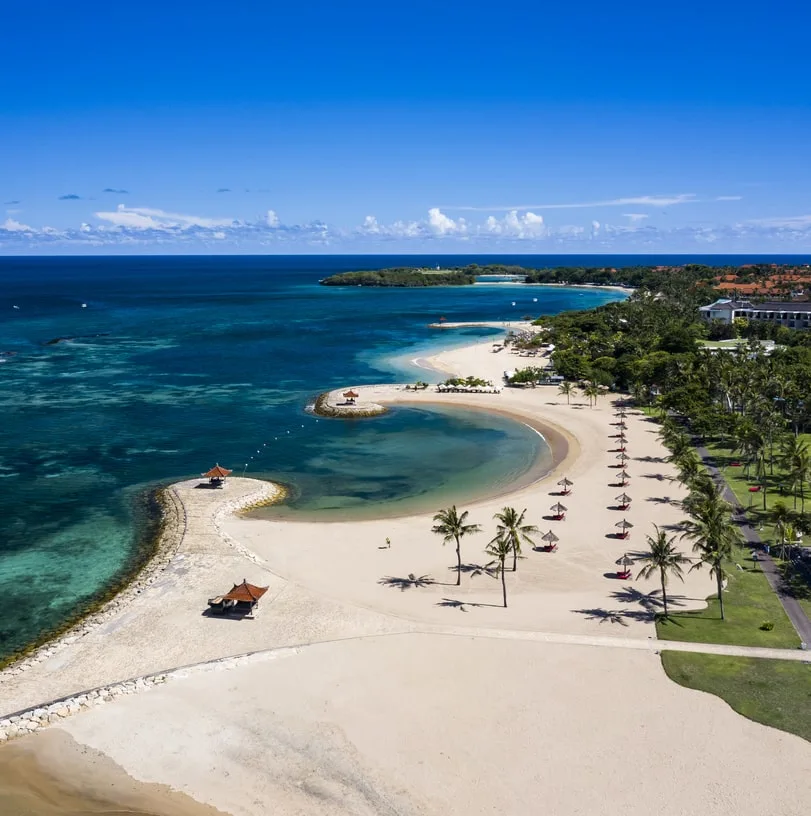
Efforts to reduce water scarcity, decrease erosion and improve biodiversity all have a direct positive impact on Bali’s tourism sector and in turn the economy of Indonesia as a whole. Although Bali is already experiencing water scarcity there have not been any limitations put in place for individual or home water consumption. Local communities in Bali and travelers to the island are encouraged to be conscious of their consumption and support conservation efforts where they feel they can.
Remove All Ads & Unlock All Articles… Sign up for The Bali Sun Premium

Plan Your Bali Holiday:
Book The Best English Speaking Drivers For Airport Transfers & Tours
Choose From Thousands of Bali Hotels, Resorts, and Hostels with Free Cancellation On Most Properties
Book Cheap Flights To Bali
Don’t Forget Travel Insurance That Covers Medical Expenses In Bali
For the latest Bali News & Debate Join our Facebook Community
SUBSCRIBE TO NEW POSTS
Enter your email address to subscribe to The Bali Sun’s latest breaking news, straight to your inbox.

Wayan Bo
Thursday 16th of June 2022
This warning is already known for decades.
Karen North
Wednesday 15th of June 2022
For goodness sakes, water depletion is because of population and the masses of tourists, NOT climate change.